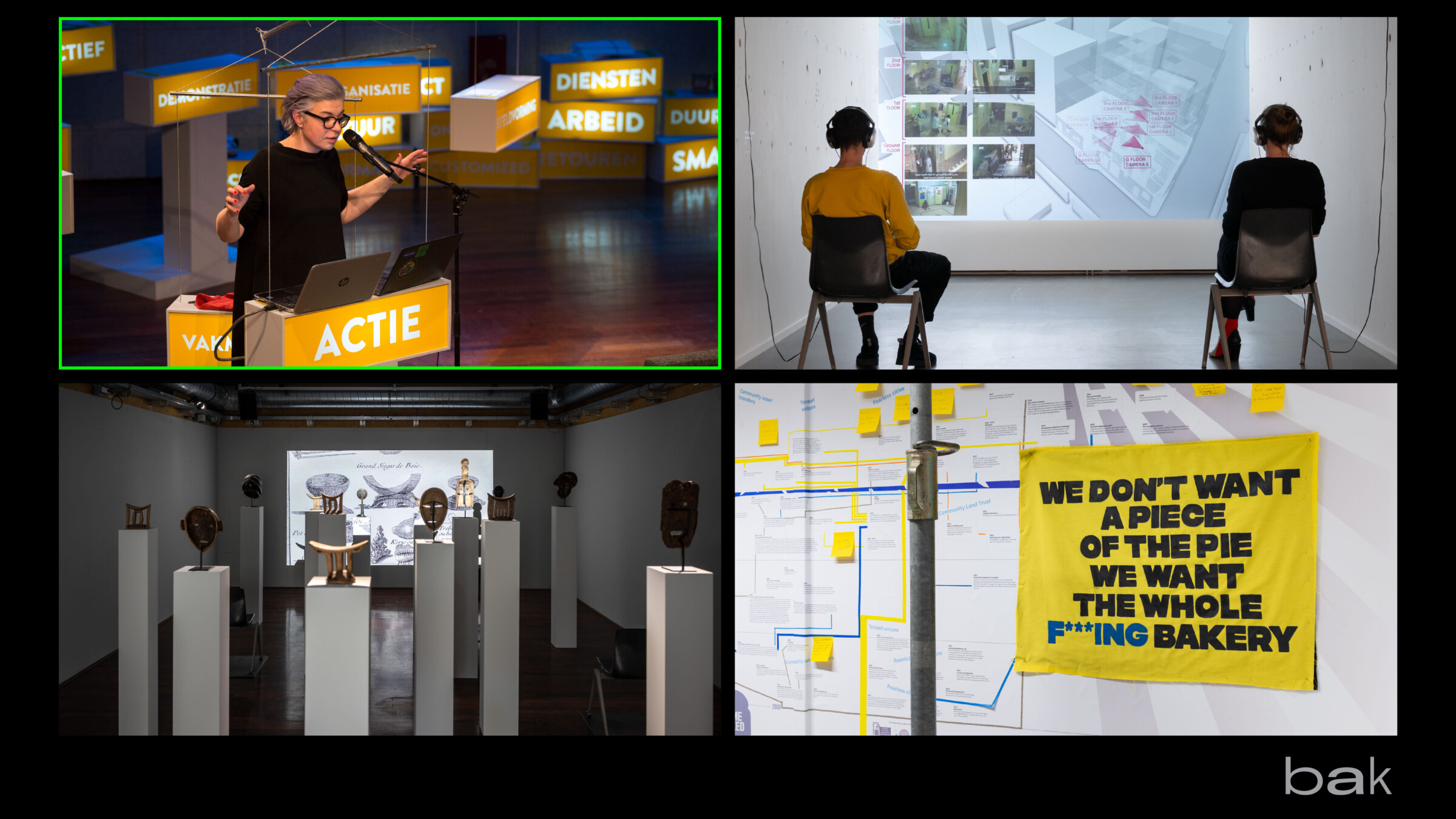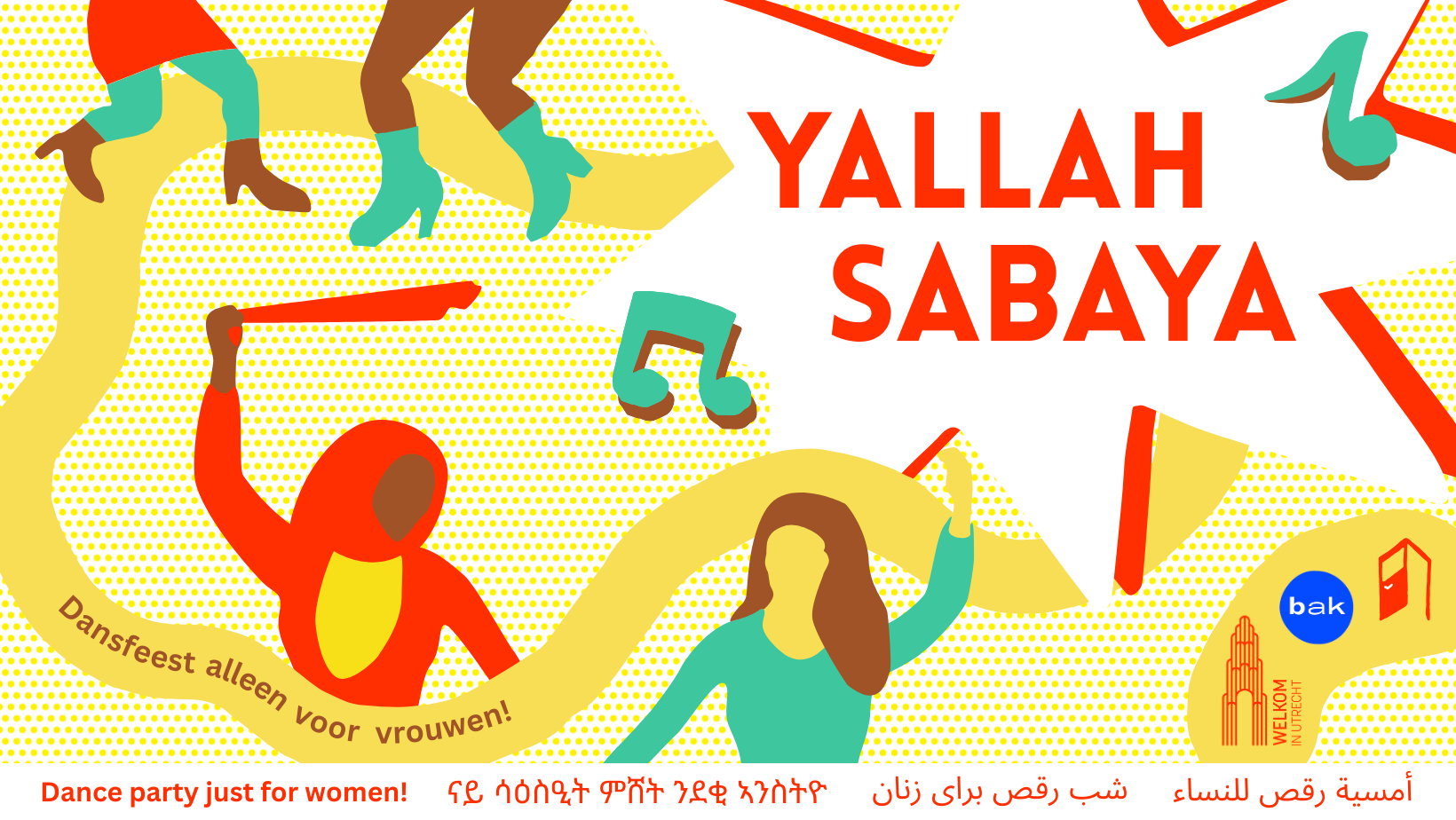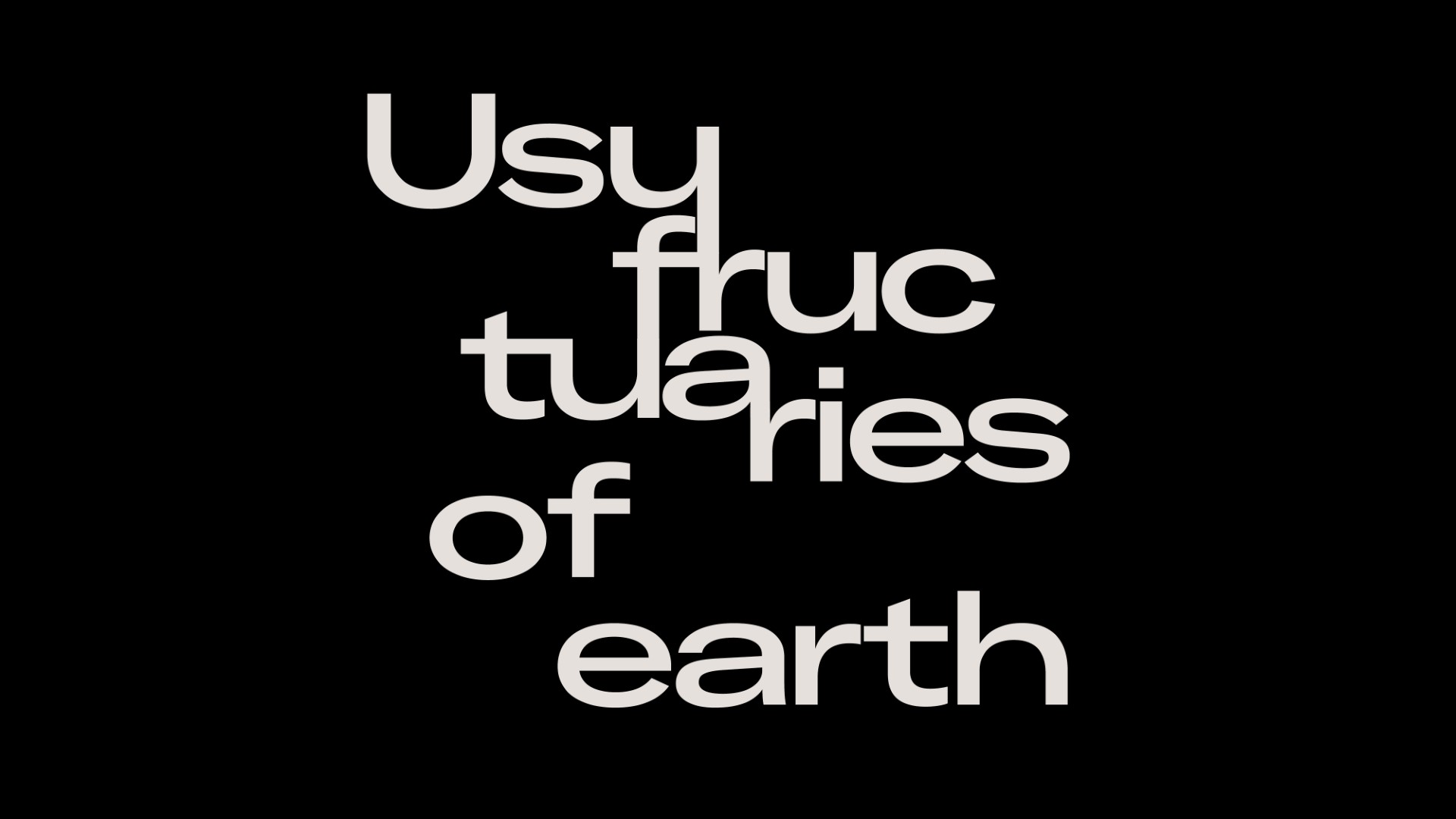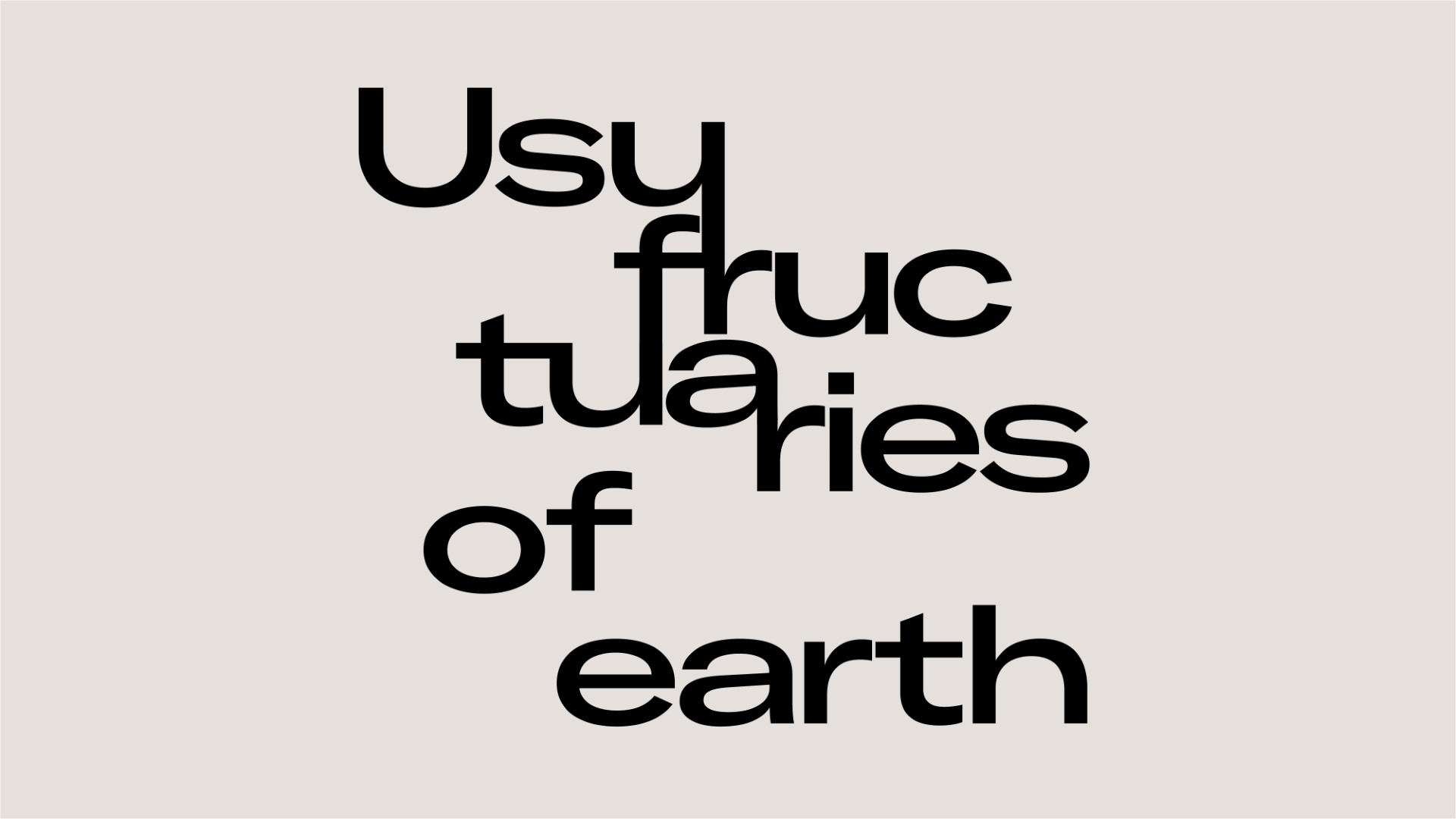[cancelled] Navigating Art, Knowledge, and Social Action (module 1)

BAK, basis voor actuele kunst, Utrecht announces the fall 2022 BAK Studies program with three online modules: “Navigating Art, Knowledge, and Social Action” (6 September–4 October 2022); “Former West (In the Imperialist Refrain)” (11 October–8 November 2022); and “Toward the Not-Yet: Art as Public Practice” (15 November–13 December 2022).
BAK Studies offer an opportunity for participants to inquire into the possibilities for artistic and cultural practices to navigate today’s fractious world engulfed in multiple crises. Tapping into the BAK archives of theoretically informed and politically driven work in the field of art, the studies engage a quest in sync with BAK’s philosophy, namely: intervening in the present conjuncture by learning from concrete examples of artworks and curatorial projects about how they contribute to building or living the imagined as if it were possible.
Each module consists of five sessions that engage in-depth analyses of artistic, discursive, research, and exhibitionary practices. While “Navigating Art, Knowledge, and Social Action” takes a wider view to discuss the notion of art as a critical “aesthetico-political experimentation aided by fiction” across a multiplicity of practices at BAK, “Former West (In the Imperialist Refrain)” and “Toward the Not-Yet: Art as Public Practice” build upon the eponymous BAK projects, delving into how their propositions reverberate in present urgencies and struggles.
Find module 2 here, and module 3 here.
Module 1 – Applications CLOSED
Navigating Art, Knowledge, and Social Action
Tuesday 6, 13, 20, and 27 September and 4 October 2022
18.30–21.00 hrs CE(S)T
This module engages artistic and cultural practices oriented toward social, cultural, and ecological justice. At the intersection of art, knowledge, and social action, the module drafts possible trajectories for undoing the vocabulary and workings of western modernity in relation to artistic production, publics, and (art) institutions. Rethinking critique, progress, and the nature-culture divide, participants engage in speculative thinking about art as “aesthetico-political experimentation aided by fiction,” and thus not as a site of representation, but of relation. Understanding art as a research method, a form of knowledge production, and a process of collective creation, the module focuses on art’s propositional, anticipatory, and prefigurative political potentials. The studies engage in the collective building of a lexicon “of and in the otherwise” alongside the notions such as non-linear temporality, visionary fiction, repair, anticipatory learning, and many more. (Please note that this module builds upon and updates the former “Art-as-Politics” course. If you have already attended “Art-as-Politics,” it is recommended that you choose to follow the “Former West” and/or “Toward the Not-Yet: Art as Public Practice” modules.)
*
The modules are convened by Maria Hlavajova, BAK’s general and artistic director, and include variety of formats such as lectures, collective reading, and collective discussion in an informal atmosphere. The case studies, examples of artworks, and texts issue mainly from BAK’s long-term research itineraries Propositions for Non-Fascist Living (2016–ongoing), Former West (2008–2016), and Future Vocabularies (2014–2017), and include work by practitioners such as Kader Attia, Tania Bruguera, Forensic Architecture, Jeanne van Heeswijk, Rabih Mroué, and Jonas Staal, among others. The studies help participants to familiarize themselves with the main concepts and most urgent questions at the intersection of art, knowledge, and social action.
Besides its learning goals, BAK Studies hope to contribute to a collective exchange of like-minded practitioners from across the world who seek knowledge and a community, as well as a space for a multidirectional, polyvocal conversation prompted by the urgencies of the world at present. BAK Studies thus welcome everyone interested in such a conversation and exchange—conducted in a clear and accessible manner for everybody with or without prior knowledge of the subject(s)—including a wide range of cultural practitioners such as artists, organizers, curators, writers, educators, and others.
BAK Studies take place online via Zoom on Tuesday evenings, 18.30–21.00 hrs CE(S)T.
Practical information
Applications should be sent in via the form on the BAK website. Please see the buttons at the top of the page.
* Dates and times: Tuesdays on 6, 13, 20, and 27 September and 4 October 2022, 18.30–21.00 hrs CET
* Location: Online via Zoom
* Language: English
* Fee: € 200 (individuals, incl. VAT) and € 350 (institutions, incl. VAT), to be paid before the start of the course. Participants are welcome to pay a larger fee in case they are willing and able to do so; BAK will match these additional funds and offer additional fee waivers to those unable to afford the course fee.
Fee waiver: BAK offers five scholarship positions, for which the participation fee will be waived. If you wish to apply for one of these positions, please check the box in the application form, and let us know why you are applying for a scholarship.
Please note: if we receive the maximum amount of applications we have to close the open call early. This will be indicated as soon as possible on our website; please check before sending in your application.
Click here to view the terms and conditions.
If you have any questions, you can contact us via publicstudies@bakonline.org



